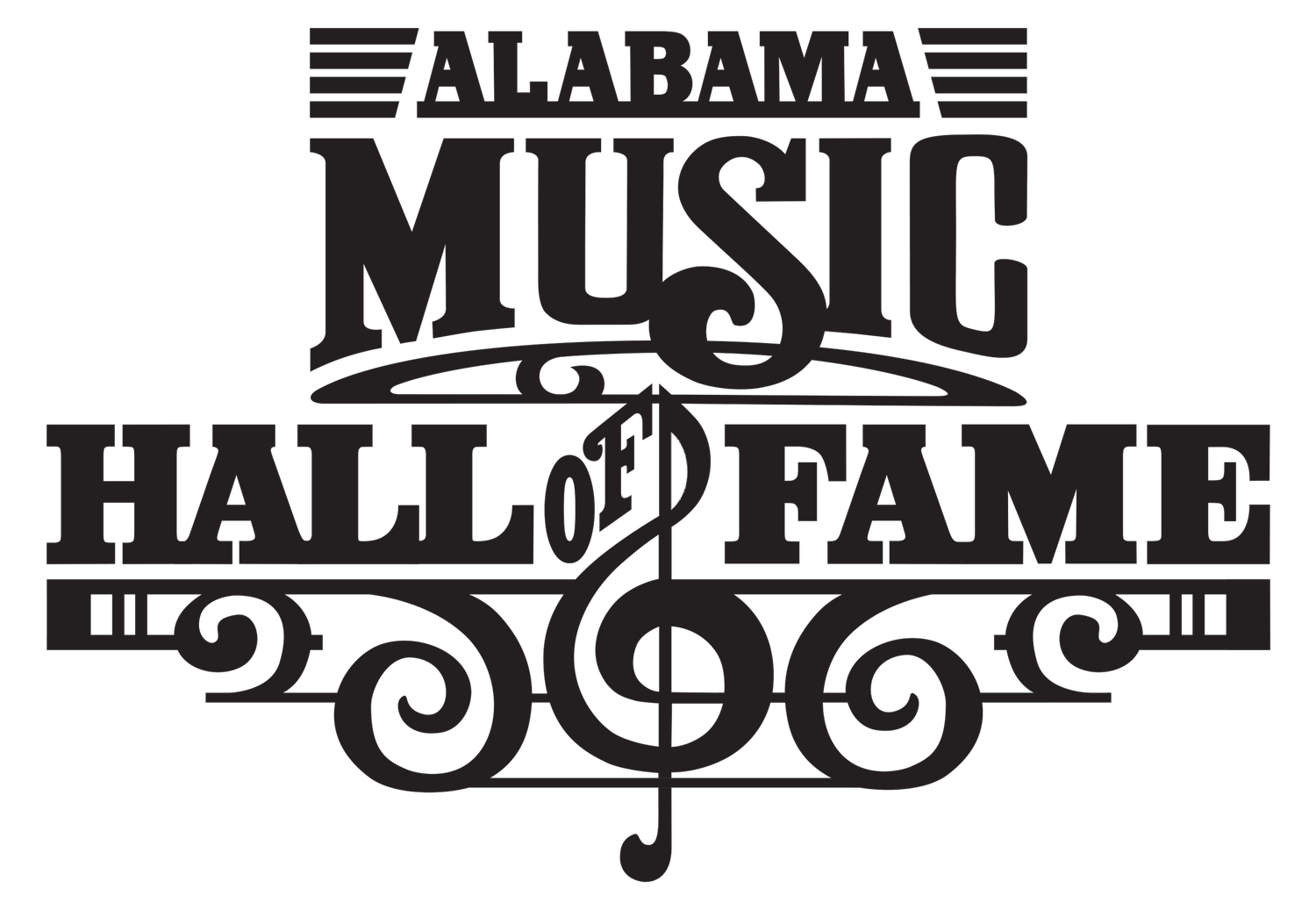Dinah Washington
August 29, 1924 - December 14, 1963
1991 Inductee
Shifting effortlessly from extraordinary work in gospel, blues, jazz, rhythm-and-blues and pop, Tuscaloosa native Dinah Washington became known one of the most versatile female vocalists in the history of American popular music.
Born Ruth Lee Jones, her family left Alabama for the north when she was three years old. Washington grew up in Chicago, where she first entered the world of music playing piano and directing her church choir. For a while she divided her time between performing in clubs and singing and playing piano in Salle Martin’s gospel choir. She won an amateur contest at the Regal Theatre when she was fifteen.
Stories differ about Ruth Jones’ sudden name change to Dinah Washington. Some say the name was given to her by the manager of the Garrick Stage Bar, while others insist that she was rechristened Dinah Washington once she came to the admiring attention of legendary jazz vibraphonist Lionel Hampton. Once he heard her sing, Hampton hired Washington to perform with his band from 1943 from 1946.
Washington’s penetrating, high-pitched voice – along with her incredible sense of drama and timing, her crystal-clear enunciation and equal facility with sad, bawdy, celebratory or rousing material – enabled her to sing anything and everything. The so-called “Queen of the Blues” recorded any style of music she liked, regardless of whether the material was considered suitable for the commercial market. She even recorded a hit cover of Hank Williams’ country standard “Cold, Cold Heart.”
Some of Washington’s biggest rhythm-and-blues hits – including her first, the 1943 “Evil Gal Blues” – were written by Leonard Feather, the distinguished music critic who was also a successful composer in the 1940s. The singer dominated the R&B charts in the late ’40s and ’50s, but she also recorded straight jazz sessions for EmArcy and Mercury, with horn accompaniment by Clifford Brown, Clark Terry and Maynard Ferguson and piano by Wynton Kelly, a young Joe Zawinul and Andrew Hill. Although best known as singer, Washington also wrote two of her Top 10 R&B hits, “Good Daddy Blues” and “I Only Know.”
Washington’s most gripping recordings were released during the first fifteen years of her career, leading up to her biggest hit on the mainstream pop charts, “What a Difference a Day Makes,” a Grammy Award-winning revival of the Dorsey Brothers standard set to a Latin American bolero tune. The following year, Washington recorded two duets with Brook Benton – “Baby (You’ve Got What It Takes)” and “A Rockin’ Good Way (To Mess Around and Fall in Love)” – that climbed to No. 1 on the R&B charts and rose into the Top 10 on the pop charts.
For the rest of her career, Washington would concentrate on recording ballads backed by lush orchestrations for the Mercury and Roulette labels. Her personal life was turbulent – including seven failed marriages – and her vocal interpretations of sultry, sensual torch songs reflected that emotional complexity. Not no matter what style of music she was singing, she displayed a tough, totally unsentimental grasp of the heartbreaking theme of lost love. Latter-day singers Nancy Wilson, Esther Phillips and Diane Schurr have cited Washington as one of their principal musical influences.
Struggling with a weight problem, Washington was nevertheless still in peak musical form when she died of an accidental overdose of diet pills and alcohol at the age of 39. She was inducted into the Alabama Jazz Hall of Fame in 1986. Washington’s music found a new generation of admirers through the 1988 release of a seven-volume musical retrospective, The Complete Dinah Washington on Mercury. The Rock and Roll Hall of Fame inducted her as an early influence in 1993.


